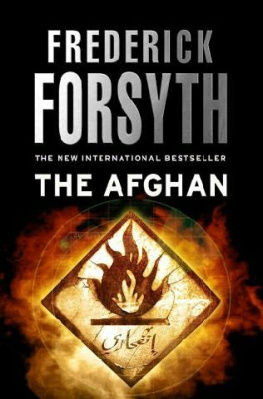My Guantnamo Diary
My GUANTNAMO DIARY
The Detainees and the Stories They Told Me
Mahvish Rukhsana Khan
Copyright 2008 by Mahvish Rukhsana Khan
Published in the United States by PublicAffairs, a member of the Perseus Books Group.
All rights reserved.
Printed in the United States of America.
No part of this book may be reproduced in any manner whatsoever without written permission except in the case of brief quotations embodied in critical articles and reviews. For information, address PublicAffairs, 250 West 57th Street, Suite 1321, New York, NY 10107.
PublicAffairs books are available at special discounts for bulk purchases in the U.S. by corporations, institutions, and other organizations. For more information, please contact the Special Markets Department at the Perseus Books Group, 2300 Chestnut Street, Suite 200, Philadelphia, PA 19103, call (800) 810-4145, extension 5000, or e-mail .
Designed by Timm Bryson
Text set in 11 point Dante by the Perseus Books Group
A CIP catalog record is available from the Library of Congress
ISBN: 978-1-58648-498-9
eBook ISBN: 9781586486617
First Edition
10 9 8 7 6 5 4 3 2 1
This book is dedicated to the loving memory ofmy younger brother, Hassan-jaan, and to myfriends behind the wire.
Feed the hungry and visit the sick, free thecaptive if he is unjustly confined, and assist theoppressed.
The Prophet Mohammad
Acknowledgments
I would like to thank Peter Ryan, Rebecca Dick, and Carolyn Welshhans of Dechert. I would not have been able to accomplish this without them and am grateful for their unwavering support, meaningful feedback, and friendship. (Do not feed iguanas baklava in open-toe shoes.) A big thank you to Zofia Smardz of the Washington Post, my gracious and gifted editor, whose insight and genius helped me hone these stories. A special thank you to BBC reporter Rahman Ullah, to Munir Muja-didi of USAID in Kabul, and to Lal Gul, director of the Afghan Human Rights Organization. I would also like to thank my agent, Lynn Franklin, and I am grateful to Clive Priddle and to the folks at PublicAffairs for giving me a chance and for publishing this book. I am indebted to the following individuals for their help: Tom Wilner of Shearman and Sterling, Sam Zarifi of Human Rights Watch, John Sifton of One World Research, Clive Stafford Smith and Zachary Katznelson of Reprieve, Emi Maclean of the Center for Constitutional Rights, Dicky Grigg of Spivey and Grigg, and federal defenders Bryan Lessley and Chris Schatz. Thanks also to David Sylvester for his immense help with the poets and Salah. I am grateful to Dean William VanderWyden for his support during law school and beyond. I must also give thanks to my inspiring professors for all they have taught me over many years: Lee C. Bollinger now at Columbia University, and Michael Froomkin and Bruce Winnick at the University of Miami School of Law. Thanks also to Carlos Lozada of the WashingtonPost, who accepted my pitch for My Guantnamo Diary, the article. Most importantly, I would like to thank my parents, Baba-jaan (the most handsome doctor in the hospital) and Mumma (the most selfless individual I know), for pushing me and loving me. I am grateful for all that you have taught me. Many salaams go to my other mothers, my grandmother, Amiji, and to my beautiful aunties, Aunty gul, and Gulli. Thanks also to Wes and Susan Anson and Joanne Corn.
Finally, a special thank you to Poe for your kindness, love, and generosity. Thank you for listening to drafts out loudad nauseam. Oh yeah, and sorry I threatened not to put you in the acknowledgments if you didnt sit through another draft.
AUTHORS NOTE
The U.S. prison camp at Guantnamo Bay stands as a challenge to our nation. It challenges our readiness to do the right thing in times of crisis, the times when its most important, and most difficult, to adhere to our founding principles and to follow the rule of law. What lies at the heart of the Gitmo debate are the beliefs upon which the United States of America was founded and for which it has long been celebrated: the conviction that no one should be imprisoned without charge and that everyone has a right to defend him- or herself in a fair and impartial trial.
The prisoners at Gitmo never had the chance to prove their innocence. They were never told why theyd been brought to Cuba. They were never allowed to be heard in open court. But their perspectives must be aired.
In selecting prisoners to profile, Ive tried to present a range of individuals of varied backgrounds. The first detainees I met have had a lasting personal impact. Others offered compelling stories, unique personalities, or distinctive experiences. I did not have access to any of the fifteen high-value detainees, such as alleged September 11 mastermind Khaled Sheikh Mohammad.
Though it may appear to some readers that I give ample, and perhaps nave, credence to the prisoners points of view, I have made every effort to verify their accounts and to explore the militarys contrasting perspective. Some readers may also argue that detainees, or enemy combatants, as the Defense Department calls them, arent entitled to the protections of U.S. law. This is an argument I reject. While I believe that Guantnamo may hold evil men as well as innocent ones, I also believe that only a full and fair hearing can separate the good from bad.
Readers may judge for themselves the merits of each tale recounted here. My objective is simply to tell the stories of some of the men held captive by the United States at Guantnamo Bay, the stories they themselves have never been able to tell.
Prologue
Tehran, August 28, 2003
The phone rings a little after 11PM.Waheeda knows something iswrong the minute she hears the voice on the other end. Its herbrother-in-law, Hayat. She stands in the living room, holding the receiverto her ear with both hands.
Doctor Sahib has been arrested, Hayat says. He is calling fromGardez, Afghanistan, the hometown of her husband, Ali Shah. Wa-heedahas not spoken to Ali for more than two months, but his familyin Afghanistan has sworn to her repeatedly that everything is fine.
Khanum, dont worry yourself so much, they say. He is verybusy setting up the clinic and traveling for work on the parliamentaryelections. He cant call you in Iran right now because the telephonereception in rural areas here is awful.
But now Waheeda is hearing what she has dreaded all along. Hewas arrested on his second night here, Hayat is saying. The Americanscame to the house.... They came here and arrested everyone.They took him, Sayed, Ismael, and Reza, too.
Then, he stammers, Everyone has been releasedexcept Ali.
Waheeda feels the floor sway beneath her.
What are you saying to me? she demands. There is a short silence.Then, Hayat says that he had hoped Ali would be released likethe others. But it has been several months now, and he can no longerhide the truth.
This account has been reconstructed with the help of Dr. Ali Shah Mousovis family.
Oh, Allah, Waheeda says. What did they say? Why?
But Hayat knows nothing, can tell her nothing. The rest of the call

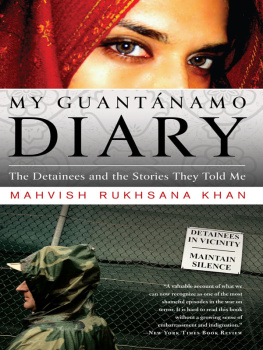

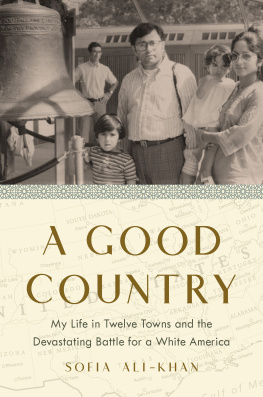
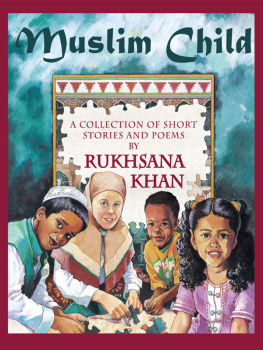
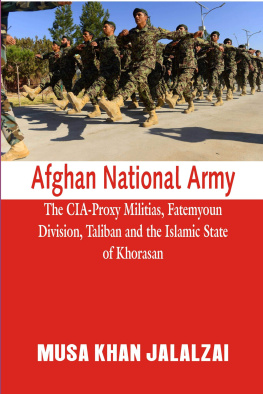
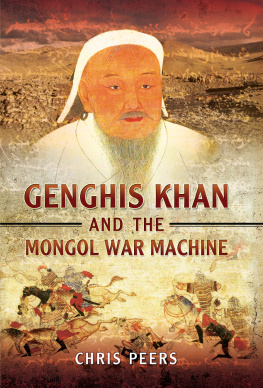
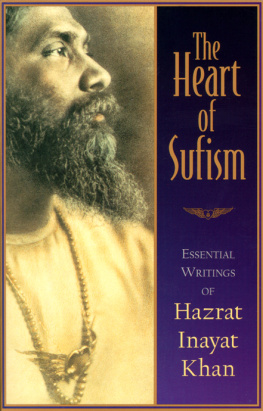
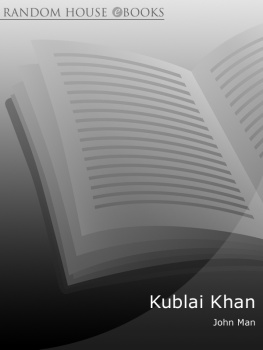
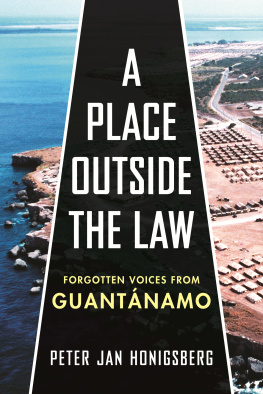
![Ausma Zehanat Khan [Ausma Zehanat Khan] - The Black Khan](/uploads/posts/book/142204/thumbs/ausma-zehanat-khan-ausma-zehanat-khan-the-black.jpg)


